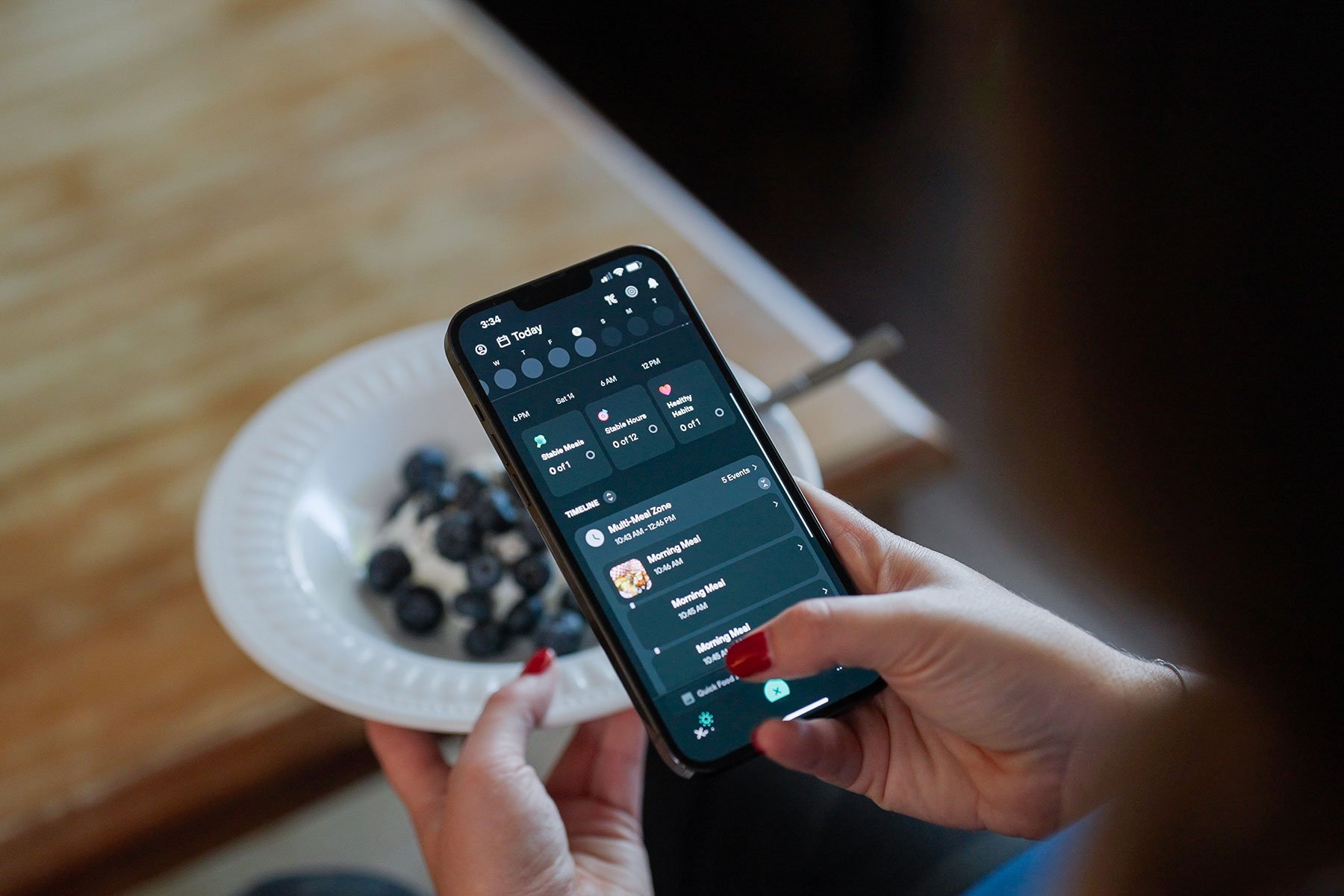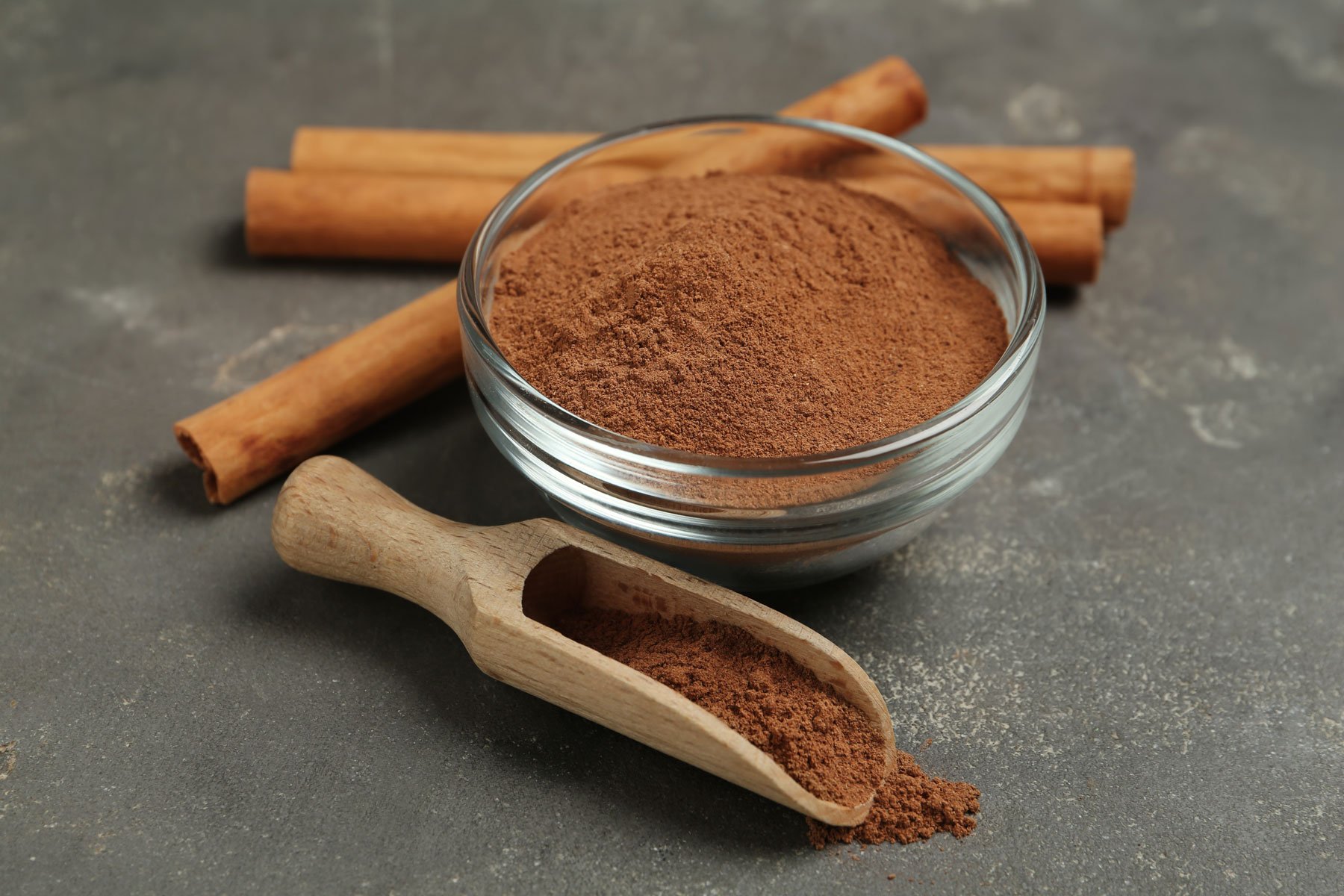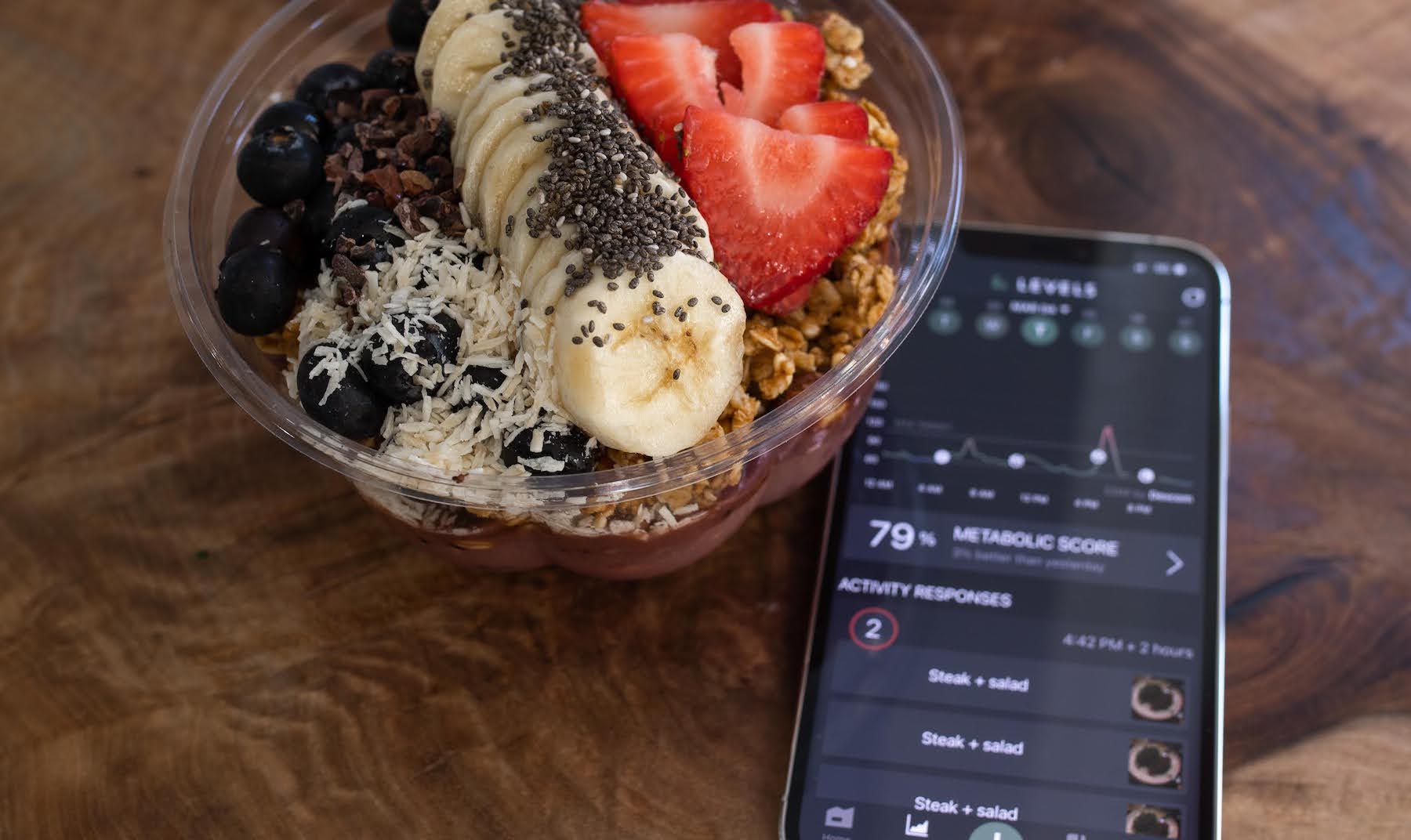
Why CGMs are accurate enough for diet feedback (even if the numbers vary)
The readings on continuous glucose monitors can vary from sensor to sensor, but you can still learn a lot from the shape of the data.

Metabolic Basics
The readings on continuous glucose monitors can vary from sensor to sensor, but you can still learn a lot from the shape of the data.

Several supplements and practices claim to lower blood sugar naturally—here's what the research says and which ones are worth trying

Keeping blood sugar balanced—in an optimal range—is fundamental to better metabolic health and feeling better. Here’s what you need to know.

Offering a real-time look inside your body, continuous glucose monitors (CGM) are a game-changing tool for anyone looking to improve their metabolic health.

Being aware of these causes of inaccurate data can help you identify—and avoid—surprising and misleading feedback.

Metabolic flexibility means that your body can switch easily between burning glucose and fat, which means you have better energy and endurance.

Dr. Rich Joseph discusses how to keep your blood sugar from creeping into prediabetic or diabetic levels.

Not all continuous glucose monitors are covered by insurance, even if you have diabetes. Here’s how to navigate CGM coverage.

Anyone can experience hyperglycemia, but certain lifestyle habits—both positive and negative—can make it more likely.

Avoiding sharp rises in blood sugar can help you feel better now and avoid disease later—here’s how to recognize and prevent glucose spikes.

When your blood sugar spikes, there’s one thing you can do in the moment–but a lot you can do to avoid it in the future.

Many of us don’t think about blood sugar until we're already sick, but maintaining stable blood sugar is vital to how you feel and your long-term health.

Emerging research suggests that today’s clinical targets for healthy glucose levels may still be too high for optimal health.

Metabolic health can be improved by consistently making choices that keep glucose levels in a stable and healthy range.

Metabolic health is getting worse for a growing number of people. Here is a look at the scale of the crisis and why we need to address it now.

Glucose is a simple carbohydrate, a monosaccharide, which means it is a single sugar. We get glucose from the food we eat.

Fasting blood sugar levels classify into 3 categories: normal, prediabetes, and diabetes. To be considered “normal,” fasting glucose must be under 100 mg/dl.

The readings on continuous glucose monitors can vary from sensor to sensor, but you can still learn a lot from the shape of the data.

Several supplements and practices claim to lower blood sugar naturally—here's what the research says and which ones are worth trying

Keeping blood sugar balanced—in an optimal range—is fundamental to better metabolic health and feeling better. Here’s what you need to know.

Offering a real-time look inside your body, continuous glucose monitors (CGM) are a game-changing tool for anyone looking to improve their metabolic health.

Being aware of these causes of inaccurate data can help you identify—and avoid—surprising and misleading feedback.

Metabolic flexibility means that your body can switch easily between burning glucose and fat, which means you have better energy and endurance.

Dr. Rich Joseph discusses how to keep your blood sugar from creeping into prediabetic or diabetic levels.

Not all continuous glucose monitors are covered by insurance, even if you have diabetes. Here’s how to navigate CGM coverage.

Anyone can experience hyperglycemia, but certain lifestyle habits—both positive and negative—can make it more likely.

Avoiding sharp rises in blood sugar can help you feel better now and avoid disease later—here’s how to recognize and prevent glucose spikes.

When your blood sugar spikes, there’s one thing you can do in the moment–but a lot you can do to avoid it in the future.

Many of us don’t think about blood sugar until we're already sick, but maintaining stable blood sugar is vital to how you feel and your long-term health.

Emerging research suggests that today’s clinical targets for healthy glucose levels may still be too high for optimal health.